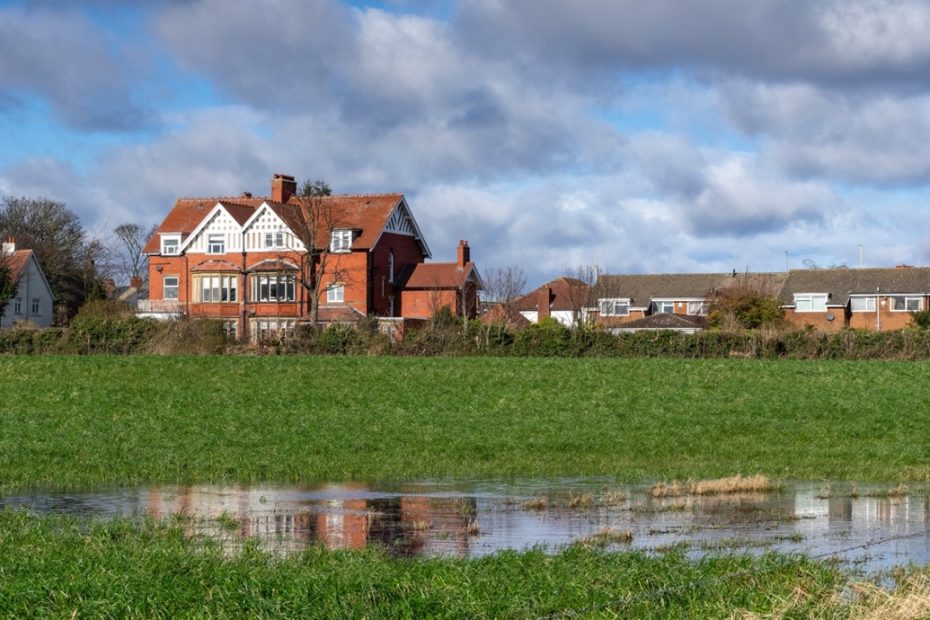A presumption in favour of sustainable development will be exercised in the determination of development proposals.
In seeking to ensure that development is sustainable, it will be necessary to demonstrate, where appropriate, how the development would:
- a) Make efficient and effective use of land, by encouraging the re-use of viable previously developed land and buildings where possible;
- b) Minimise the impact and mitigate the likely effects of climate change, including the incorporation of design features to ensure they provide resilience to climate change;
- c) Ensure the development will not increase flood risk elsewhere and where possible, reduce flood risk overall by minimising flood risk to people, property and infrastructure from all potential sources by assessing the impact of the development proposal on the existing sewerage infrastructure and flood risk management infrastructure;
- d) Ensure that development proposals separate, minimise and control surface water runoff, with sustainable drainage systems the preferred approach;
- e) Support the health and well-being of the local community;
- f) Ensure the quality of the biodiversity and natural environment is maintained and enhanced;
- g) Accord with the principles set out within the East Boldon Design Code and other relevant documents such as ‘Building for a Healthy Life’ and the National Design Guide; and
- h) Address contamination or land instability issues in accordance with best practice guidance.
Plan objective 1 seeks to ensure that new development makes a positive contribution to social, environmental or economic needs. As a result, this is an overarching objective that applies to all elements of the plan and its policies.
Sustainable development
The NPPF explains that the purpose of the planning system is to contribute to the achievement of sustainable development. It highlights three overarching objectives, economic, social and environmental, which are interdependent and need to be pursued in mutually supportive ways.
The NPPF therefore includes a presumption in favour of sustainable development.
The requirement for the planning system to meet the challenge of climate change is identified within the NPPF. It stresses the need to: shape places in ways which contribute to radical reductions in greenhouse gas emissions, minimise vulnerability and improve resilience; encourage the reuse of existing resources; and support renewable and low carbon energy. Planning policies are therefore required to take a proactive approach to mitigating and adapting to climate change, including considering the long-term implications of flood risk.
Concerns regarding flood risk have been raised by the local community during early engagement. Areas have been identified as being prone to flooding as well as fears of the impacts of higher rainfall. The natural environment background paper provides details of the flood zones affecting the plan area. These are also identified in the South Tyneside Strategic Flood Risk Assessment (2018) and are available on the Environment Agency website. Both the NPPF and NPPG contain detailed guidance for the consideration of flooding as part of new development proposals. In addition, the draft local plan contains a policy on flood risk and water management. This policy identifies what should be taken into account in order to consider flood risk and where a flood risk assessment and sustainable drainage systems will be required.
In addition, the need for decisions on planning applications to fully consider the impact of contaminated and unstable land has been identified by the local community. Development on land that is or maybe affected by contamination and/or land instability will be supported where the developer can demonstrate that it is suitable for the proposed use, including through appropriate remediation. A site will be suitable for the proposed use if it does not result in unacceptable risk or harm to human health, the environment, property or significantly pollute controlled waters.
The neighbourhood plan has an important role in supporting the delivery of sustainable development and meeting the challenge of climate change. Policy EB1 requires all new development proposals to be determined in accordance with the presumption in favour of sustainable development. This policy will support the delivery of all the plan objectives.
